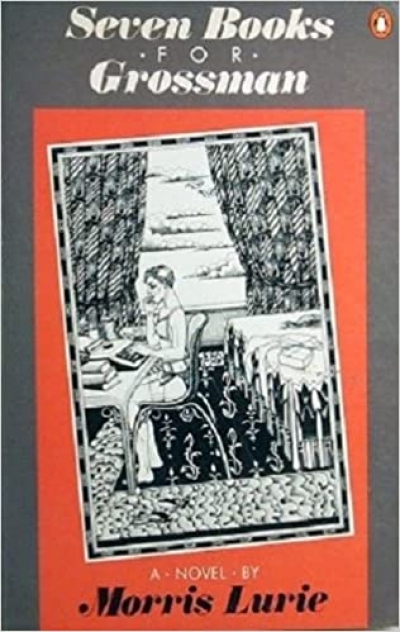Fiction
Yvonne Rousseau reviews 'Thor’s Hammer' by Wynne Whiteford, 'The Tempting of the Witch King' by Russell Blackford, and 'Kelly Country' by A. Bertram Chandler
by Yvonne Rousseau •
Colonised asteroids, plentiful spaceships, an Astrogold Corporation tower approached by aircar: these are tokens of a world soothingly remote from present-day anxieties. But in Thor’s Hammer by Wynne Whiteford (Cory & Collins, 150 pp, $3.95 pb), the euphoric sense of disconnection has extended rather too far.
... (read more)Seven Books for Grossman by Morris Lurie & Uphill Runner by James McQueen
by Frances McInherny •
Birds of Passage by Brian Castro & Getting Away With It by Kevin Brophy
by Graham Burns •
Stories from Suburban Road: An autobiographical collection by T.A.G. Hungerford
by Andrew Sant •









